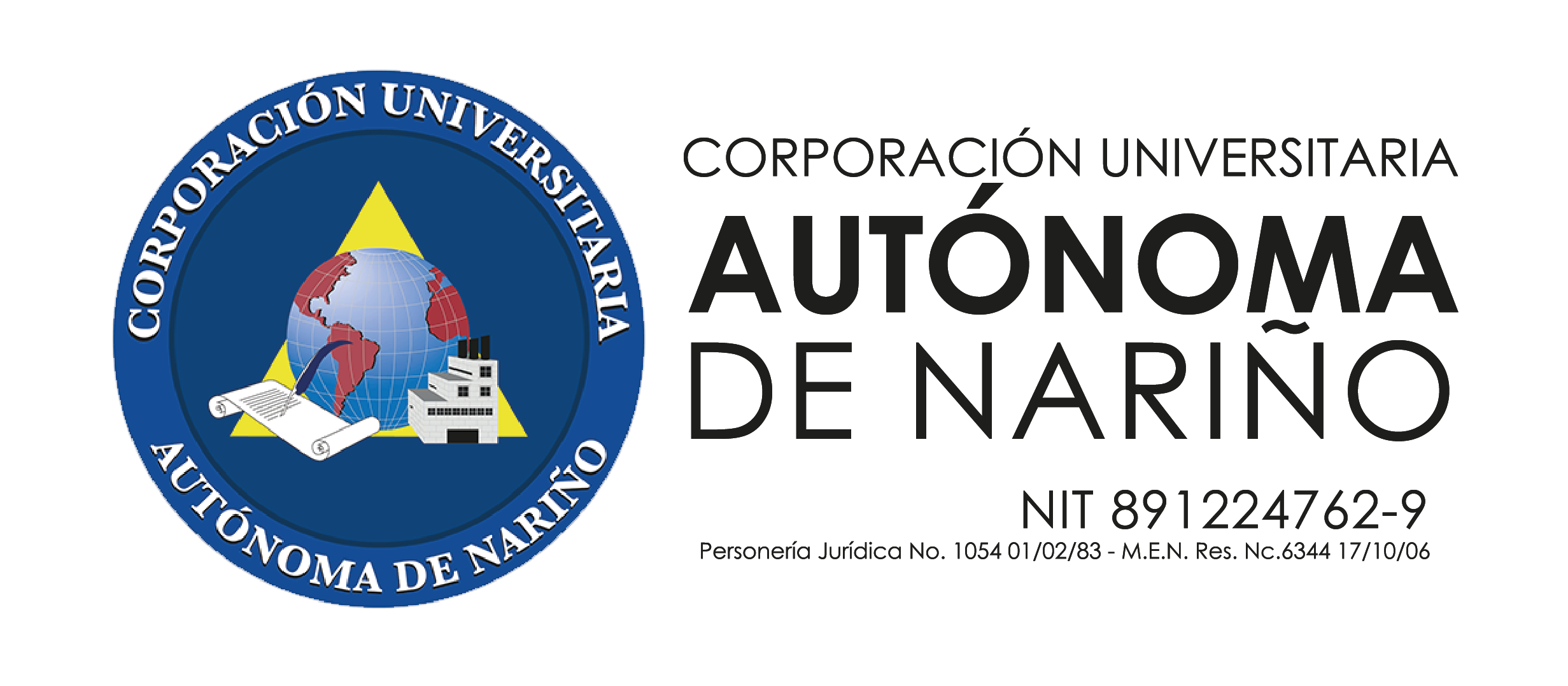The Prelude of the philosophical-political drift of the Davos Conferences
Magic mountain
DOI:
https://doi.org/10.47666/Summa.7.1.1Keywords:
Cassirer, Heidegger, Davos Debate, Thomas Mann, Davos ConferenceAbstract
The paper aims to delve into the coincidences between, on the one hand, the approaches of Cassirer and Heidegger in the famous Davos Debate of 1929, and, on the other, those of Settembrini and Naphta, characters from the novel The Magic Mountain, by Thomas Mann, published a few years before the Davos Conferences were held. The comparison will allow us to establish the common elements that we identify as a fork in thought in the twentieth century. But, above all, we identify the fundamental elements that Mann anticipates in his novel and that show that the decisive debate between Cassirer and Heidegger only came to certify the decadence of the bourgeois world, defender of the classical tradition, the Enlightenment, rationalism, the idea of progress or humanism. The exciting proposals of a Heidegger made their way with force: among others, decisionism, existentialism, self-determination and human finitude, being able to say that the 19th century was ending at that time.
Downloads
References
Aramayo, R. R. (2009). Teoría y práctica desde la historia de las ideas: Cassirer y su lectura de la Ilustración europea tras el debate sobre Kant celebrado en Davos. Devenires Revista de Filosofía, 19, 151-179.
Aramayo, R. R. (2010). Los climas políticos y las responsabilidades filosóficas: la lección de Cassirer sobre filosofía y política. Arbor. Ciencia, Pensamiento y Cultura, CLXXXVI, 742, marzo-abril, 295-310.
Ayala Ardila, R. (2016), La guerra es la poesía por otros medios. La Gran Guerra y la filosofía puestas en contexto ontológico deconstructivo. Comprendre, 18, 31-51.
Carvajal, J. (2007). Finitud radical y moralidad a la luz del debate Heidegger-Cassirer sobre el kantismo. Fragmentos de filosofía, 5, 239-262.
Cassirer, E. (2009). La idea de la constitución republicana (Conferencia dictada el 11.08.1928 para festejar la Constitución de la República de Weimar. Isegoría. Revista de Filosofía Moral y Política, 40, 155-168.
Coskun, D. (2007). Law as Simbolic Form. Ernst Cassirer and the Anthropocentric View of Law. Springer.
Eilenberger, W. (2019). Tipo de magos. Taurus.
Friedman, M. (2000). A parting of the ways: Carnap, Cassirer and Heidegger. Chicago and La Salle.
Gordon, P. E. (2012). Continental divide: Heidegger, Cassirer, Davos. Harvard University Press.
Griffin, R. (2010). Modernismo y fascismo. La sensación de comienzo bajo Mussolini y Hitler. Akal.
Habermas, J. (2000). El idealismo alemán de los filósofos judíos, en Perfiles filosófico-políticos. Taurus.
Insausti, X. (2013). Adorno, entre Hegel y Beethoven. Azafea., Rev. Filos. 15, 103-112.
Levinas, E. (1933). Dvasiškumo supratimas prancūzų ir vokiečių kultūroje. Vairas (Kaunas), 7 (5), 271-280.
Lukács, G. (1969). Thomas Mann. Grijalbo.
Mann, Th. (2019). La montaña mágica. Debolsillo.
Marrades Millet, J. (2008). Cultura y civilización: a propósito de las Consideraciones de un apolítico, de Thomas Mann. En N. Sánchez Durá (ed. Lit.). Cultura contra civilización. Pre-Textos, 41-56.
Martínez Rodríguez, A. (2008). Rosenzweig y Heidegger en Davos, 1929. La Torre del Virrey, 1 (5, 2008/2), 5-9.
Mergulhão, A. R. (2011). A Montanha Mágica: o Debate de Davos em 929, entre Cassirer e Heidegger. En Anais do VII Seminário de Pós-graduação em Filosofia da UFSCar, 26, 51.
Ríos Flores, P. F. (2018), El joven Levinas entre dos modos de comprensión de la esperitualidad en la filosofía de entreguerras. Revista de filosofía, 43, 2, 263-281.
Ríos Flores, P. F. (2020). El problema de la libertad como Selbstbildung en el debate entre Ernst Cassirer y Martin Heidegger. Eidos 32 (s.p).
Onfray, M. (2021). El sueño de Eichmann. Gedisa.
Safranski, R. (2003). Un maestro de Alemania, Heidegger y su tiempo. Tusquets.
Vergely, B. (1998). Cassirer. La Politique du juste. Michalon.








